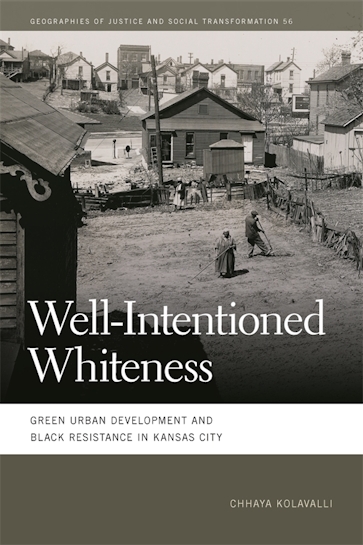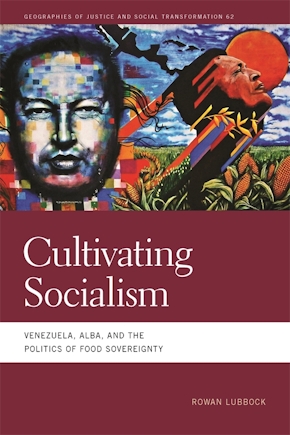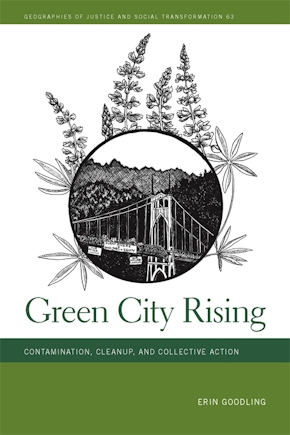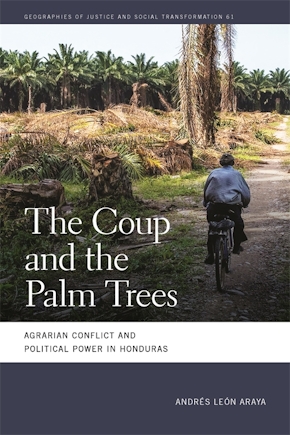Well-Intentioned Whiteness
Green Urban Development and Black Resistance in Kansas City
Title Details
Pages: 242
Illustrations: 26 b&w images
Trim size: 6.000in x 9.000in
Formats
Paperback
Pub Date: 04/15/2023
ISBN: 9-780-8203-6409-4
List Price: $32.95
Hardcover
Pub Date: 04/15/2023
ISBN: 9-780-8203-6408-7
List Price: $114.95
eBook
Pub Date: 04/15/2023
ISBN: 9-780-8203-6410-0
List Price: $32.95
eBook
Pub Date: 04/15/2023
ISBN: 9-780-8203-6411-7
List Price: $32.95
Related Subjects
SOCIAL SCIENCE / Human Geography
SOCIAL SCIENCE / Agriculture & Food
SOCIAL SCIENCE / Sociology / Urban
SOCIAL SCIENCE / Race & Ethnic Relations
Well-Intentioned Whiteness
Green Urban Development and Black Resistance in Kansas City
How everyday urban actors play a part in creating racially segregated cities
Skip to
- Description
- Reviews
This book documents how whiteness can take up space in U.S. cities and policies through well-intentioned progressive policy agendas that support green urbanism. Through in-depth ethnographic research in Kansas City, Chhaya Kolavalli explores how urban food projects—central to the city’s approach to green urbanism—are conceived and implemented and how they are perceived by residents of “food deserts,” those intended to benefit from these projects.
Through her analysis, Kolavalli examines the narratives and histories that mostly white local food advocates are guided by and offers an alternative urban history of Kansas City—one that centers the contributions of Black and brown residents to urban prosperity. She also highlights how displacement of communities of color, through green development, has historically been a key urban development strategy in the city.
Well-Intentioned Whiteness shows how a myopic focus on green urbanism, as a solution to myriad urban “problems,” ends up reinforcing racial inequity and uplifting structural whiteness. In this context, fine-grained analysis of how whiteness takes up space in our cities—even through progressive policy agendas—is more
important. Kolavalli examines this process intimately and, in so doing, fleshes out our understanding of how racial inequities can be (re)created by everyday urban actors.
—Richard Schein, professor of geography at the University of Kentucky
—Kristin Reynolds, coauthor of Beyond the Kale: Urban Agriculture and Social Justice Activism in New York City



